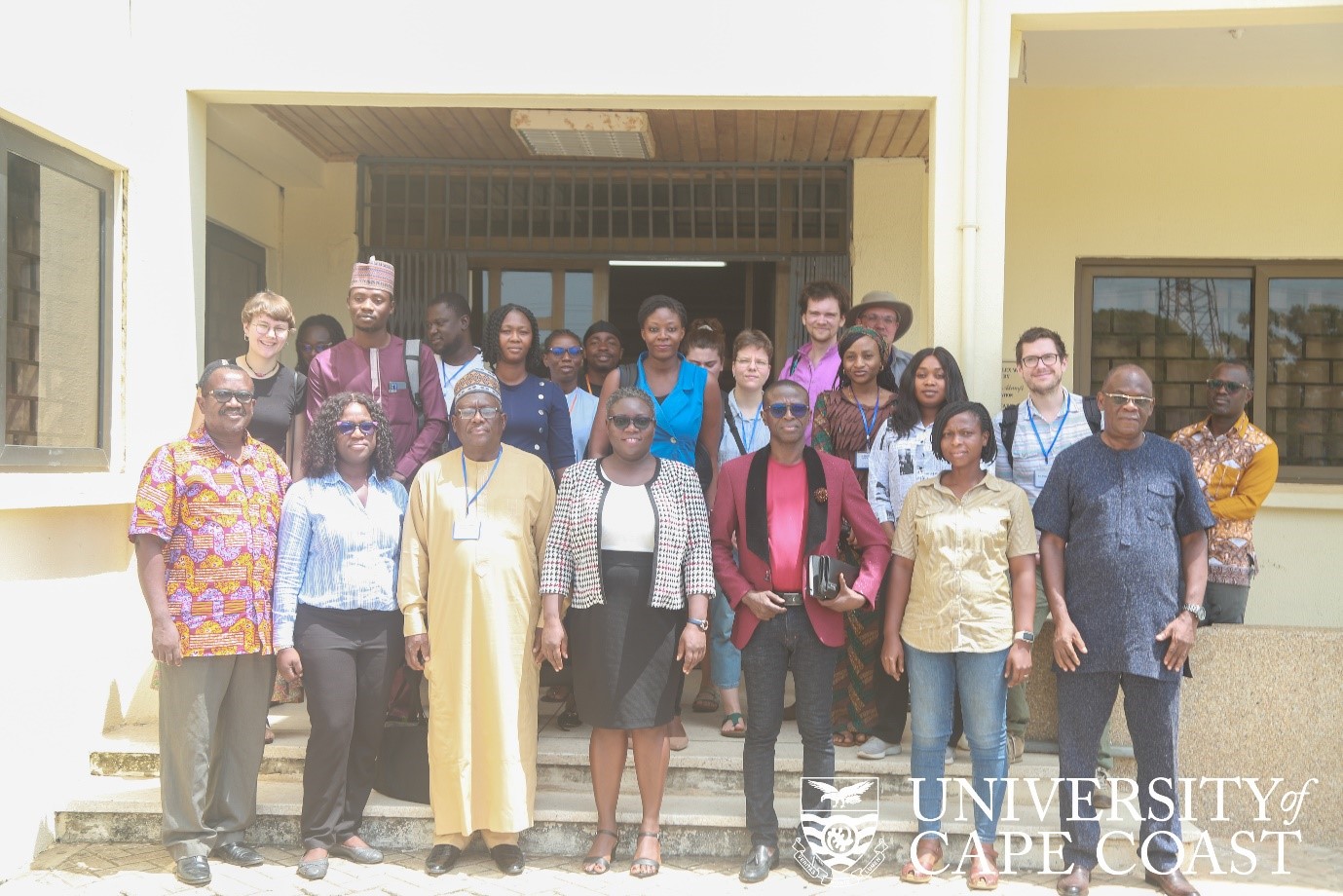Panelists at a roundtable on climate change, culture and security have called for immediate, collective action to address the pressing issue of climate change in communities.
According to them, it was imperative to build up the local people to cope with the devastating impact of climate change on lives and property and also tackle the menace of climate head-on.
The panelists were Prof. Nana Ama Browne Klutse, Climtecpreneur with the University of Ghana, and Prof. Ken Ahorsu, of the Centre for International Affairs and Diplomacy, University of Ghana.
The rest were Aliyu Shuguba, the Director of Sustainable Development Goal – Graduate School, Maiduguri and Dr. Samuel Dotse, Africa Special Envoy on Climate Change.
The experts were speaking at the annual SDG-Graduate School held at the University of Cape Coast (UCC).
The event, which focuses on cultures and development in West Africa, is a collaborative training network for graduate students run by UCC, University of Hildesheim in Germany, and the University of Maiduguri in Nigeria.
Prof Klutse pointed out the need to adopt practices that protect the environment including forest conservation, sustainable agricultural practices, and water resource management.
That, according to her, would enhance the ability of community members to deal with the impact of climate change and their livelihood and food security.
For his part, Prof Ahorsu said scientists had linked heat and drought that fuel wildlife to climate change and human activities.
According to him, humans should expect more wildfires in years ahead, especially with dry seasons getting longer.
Prof. Ahorsu said the impact of climate change on agriculture remained a major concern, as farmers struggle to keep up with shifting weather patterns and increasingly unpredictable water supplies.
He added that extreme events such as flooding or reduced water supply also threatened crop yields.
Prof. Saliba said cultural practices and agricultural activities were key drivers of deforestation. To him, if drastic measures were not taken to stem the warming cycle, more wildfires and coastal devastation would happen.
He was of the firm conviction that policymakers would help protect the forests and trees to counterbalance and offset continued fossil fuel use.
Dr. Dotse, on his part, called on chiefs and opinion leaders to inform members of their communities to desist from bush burning, especially during the dry season, or face punishment per the law.
He called for collective efforts to address the triggers of wildfire.
The Coordinator of SDG-Graduate School, UCC, Sabina Appiah-Boateng, said the platform offered scholarship research on topics of cultural performances, eco-arts, peacebuilding, music, and climate change among others.
She said the intersection of culture, climate change, and security represented a critical and complex study area.
According to her, the interplay between culture, climate change and security, was a critical area that required innovative approaches to address the complex challenges it presented.
Source: Documentation and Information Section-UCC

